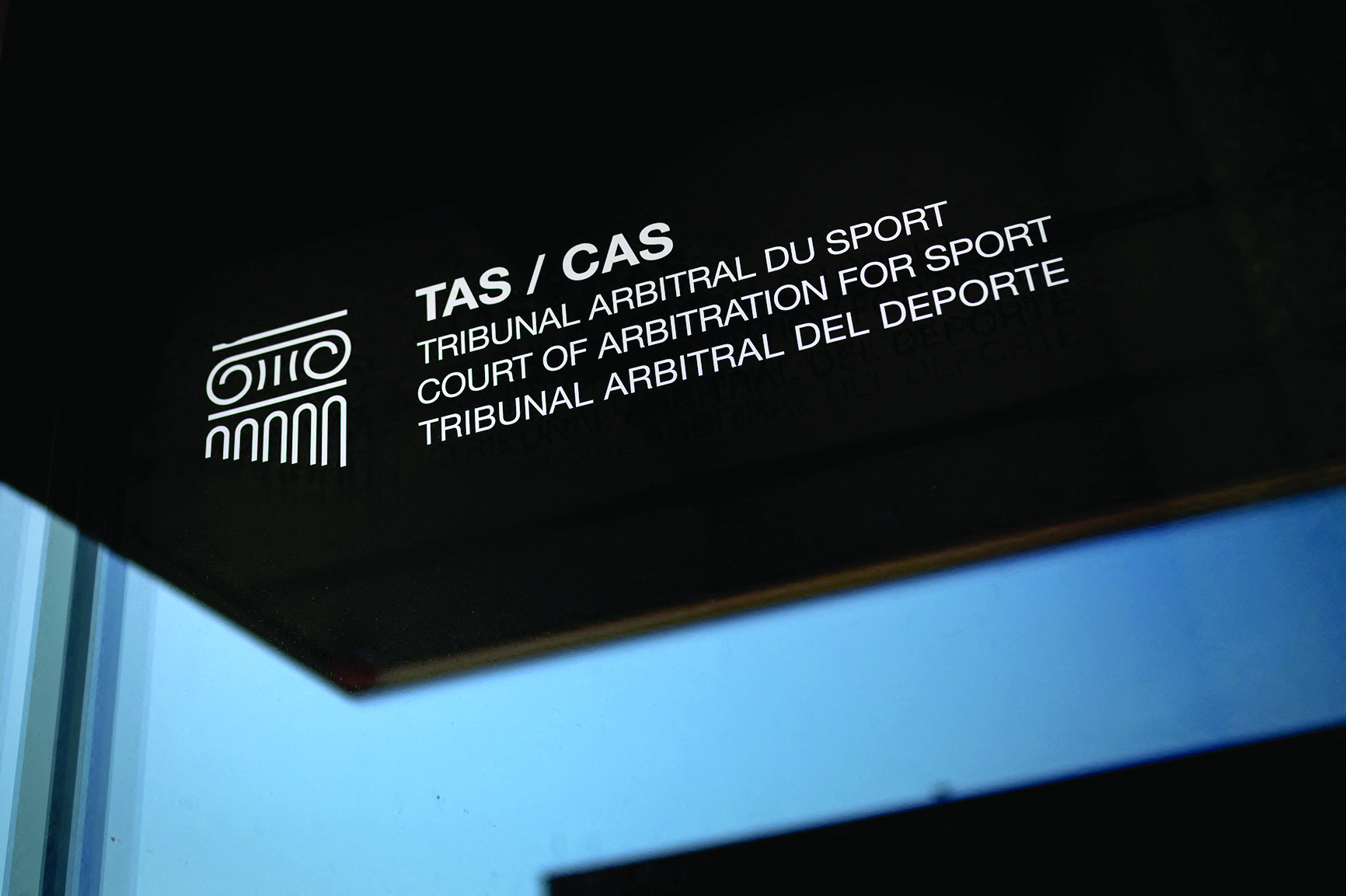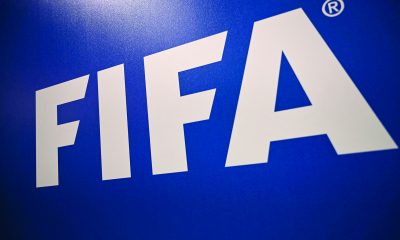
The Court of Arbitration for Sport (CAS) was founded in 1983 and has its seat in Lausanne, Switzerland which acts as the Supreme Court for sports disputes.
CAS is an arbitral tribunal, whose position at the apex of the sporting justice system enables it to set the standards for procedural fairness and good governance throughout the sporting world and provide precedents to which all sporting bodies should adhere.
Initially doubts existed with respect to how independent such a tribunal actually was. However, such doubts were settled in 1994 when CAS was re-established as an independent body to ensure that there could be no influence exerted on it by either the International Olympic Committee (IOC) or any other International Sporting Federation (ISF).
The CAS has its own set of procedural rules called the Code of Sports-related Arbitration and Mediation Rules (the CAS Code) which is updated from time to time to reflect current trends.
Its purpose is to provide a mechanism outside the ordinary courts to secure the settlement of sports-related disputes, which arguments according to the CAS Code ‘may involve matters of principle relating to sport or matters of pecuniary or other interests relating to the practice or the development of sport and may include, more generally, any activity or matter related or connected to sport.’
Thus, the CAS permits a broad range of disputes in sports to be referred to it.
CAS also sits in an ad hoc capacity at many sports final tournaments and major championships, including the Commonwealth Games and the Olympics.
When sitting in its ad hoc capacity, CAS provides rapid responses to disputes that arise during such tournaments/championships.
Such a rapid response is crucial for such tournaments/championships since they would seek to have as little as possible hindrance to their games.
Today the CAS is a widely-recognised arbitration body, with many sports governing bodies across the globe allowing an appeal to be made to the CAS and recognising such tribunal as the final appellate body.
The CAS has two main divisions; the CAS Ordinary Division which functions in a very similar way as to any other arbitration institution and the CAS Appeals Division which acts as the court of final appeal for decisions taken by competent sport bodies, on a national or international level.
More than 90 per cent of the cases referred for arbitration are dealt with by the latter division.
The CAS arbitrators are lawyers from different continents in the world having a recognised competence in sports law and/or international arbitration, who possess a good knowledge of sport in general and are independent and objective.
Through its lifetime the CAS has heard numerous cases, some of them high-profile in nature, involving a wide variety of sports and concerning various different types of disputes in sports.
Some of the awards that have been handed down by the CAS have also contributed towards the development of sports.
The disputes heard by CAS generally fall into five main categories; eligibility to compete in a specific event, commercial and contractual disputes, doping appeals, issues related to match-fixing and the improvement of procedural justice and good governance.
One key factor of CAS is that it will not review in-game decisions unless bad faith or illegality can be proved against the match officials concerned.
This allows the autonomy of the match officials to be preserved when coming to their decisions in a game and to uphold the finality of the outcome of the sporting event in question.
The decisions and awards of CAS are themselves subject to review and possible annulment by the Swiss Federal Tribunal especially in cases where CAS has infringed public policy or fundamental legal principles.
The CAS decisions are binding arbitration agreements that are legally enforceable by each of the parties to the dispute.
Such decisions, commonly referred to as jurisprudence, are in turn becoming increasingly important as a source of sports law in light of the number and complexity of the cases that it hears.
CAS imposes a degree of harmonisation on the decision-making procedures of the ISF’s which attempts to improve standards of good governance and fairness whilst minimising as much as possible the negative impact of its decision on ISF’s.

World Cup News
-
FIFA World Cup
/ 12 hours agoSaudi oil giant Aramco agrees major FIFA sponsorship deal
Saudi Arabia’s state oil giant Aramco and world football governing body FIFA on Thursday...
By AFP -
FIFA World Cup
/ 1 month agoSon scores but Thailand hold South Korea in World Cup qualifier
Son Heung-min scored but South Korea were held 1-1 at home by Thailand in...
By AFP -
FIFA World Cup
/ 2 months agoJapan-N. Korea World Cup game to stay in Pyongyang, JFA says
Japan’s World Cup qualifier against North Korea will be played in Pyongyang as planned...
By AFP -
FIFA World Cup
/ 2 months agoGerman ex-FA bosses on trial over World Cup tax evasion
Three German ex-top football officials went on trial on Monday in a 13.7-million-euro ($14.8...
By AFP

American Football
Bears draft USC quarterback Williams with No. 1 pick

Winter Olympics
Watch: Geisenberger wins sixth Olympic medal to tie luge record





































